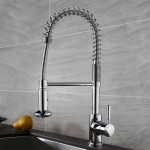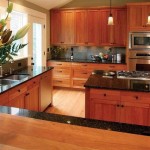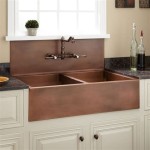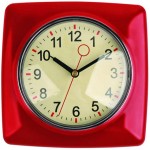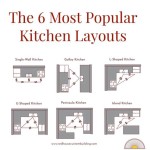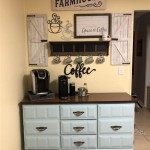Composting is a great way to reduce food waste and turn it into valuable fertilizer for your garden. A kitchen compost container makes it easy to collect kitchen scraps and turn them into compost for your garden. In this article, we’ll explain why composting is important, what types of kitchen compost containers are available, and how to get started with composting at home.
The Benefits of Composting
Composting helps reduce food waste and create nutrient-rich fertilizer for your garden. It’s also a great way to reduce your carbon footprint and help the environment. Composting helps keep organic materials out of landfills, where they can produce methane, a potent greenhouse gas. In addition, composting helps to reduce the need for chemical fertilizers, which can damage the environment.
Types of Kitchen Compost Containers
There are a variety of kitchen compost containers available, ranging from simple buckets to high-tech devices. The most common types of kitchen compost containers are:
- Countertop compost bins
- Under-sink compost bins
- Outdoor compost bins
- Compost tumblers
Countertop compost bins are the most popular option for kitchen composting, as they’re small and easy to use. Under-sink compost bins are larger and can hold more food scraps, making them ideal for larger households. Outdoor compost bins are the most convenient option, as they can be placed in the yard or garden and require minimal maintenance. Compost tumblers are the most expensive option, but they are also the most efficient and require the least amount of work.
Getting Started With Composting
Once you’ve chosen a kitchen compost container, you’ll need to start collecting kitchen scraps. The best way to do this is to keep a small container or bag near your sink or countertop to collect food scraps. You should then empty the container into your kitchen compost bin when it’s full. It’s also important to remember to empty your kitchen compost bin regularly to prevent odors and pests.
Once you’ve collected enough food scraps, you can mix them with soil, manure, and other organic materials to create compost. This mixture should then be left to decompose for several months before it’s ready to use as fertilizer. Once it’s ready, you can use it to nourish your garden and help your plants grow.
Conclusion
Using a kitchen compost container is a great way to reduce food waste and create valuable fertilizer for your garden. There are a variety of kitchen compost containers available, ranging from simple buckets to high-tech devices. To get started with composting, collect food scraps in a small container and empty it into your kitchen compost bin when it’s full. Once you’ve collected enough scraps, mix them with soil, manure, and other organic materials to create compost. This mixture should then be left to decompose for several months before it’s ready to use as fertilizer.



![2022's 5 Best Countertop Compost Bins [Reviews & Buying Guide] Grow Your Yard](https://i2.wp.com/growyouryard.com/wp-content/uploads/2020/10/full-circle-odor-free-compost-bin.jpg)










:max_bytes(150000):strip_icc()/Kitchen-Composter-f5bcd52e7fdd4e9aa7adec307293e3ce.jpg)
Related Posts


